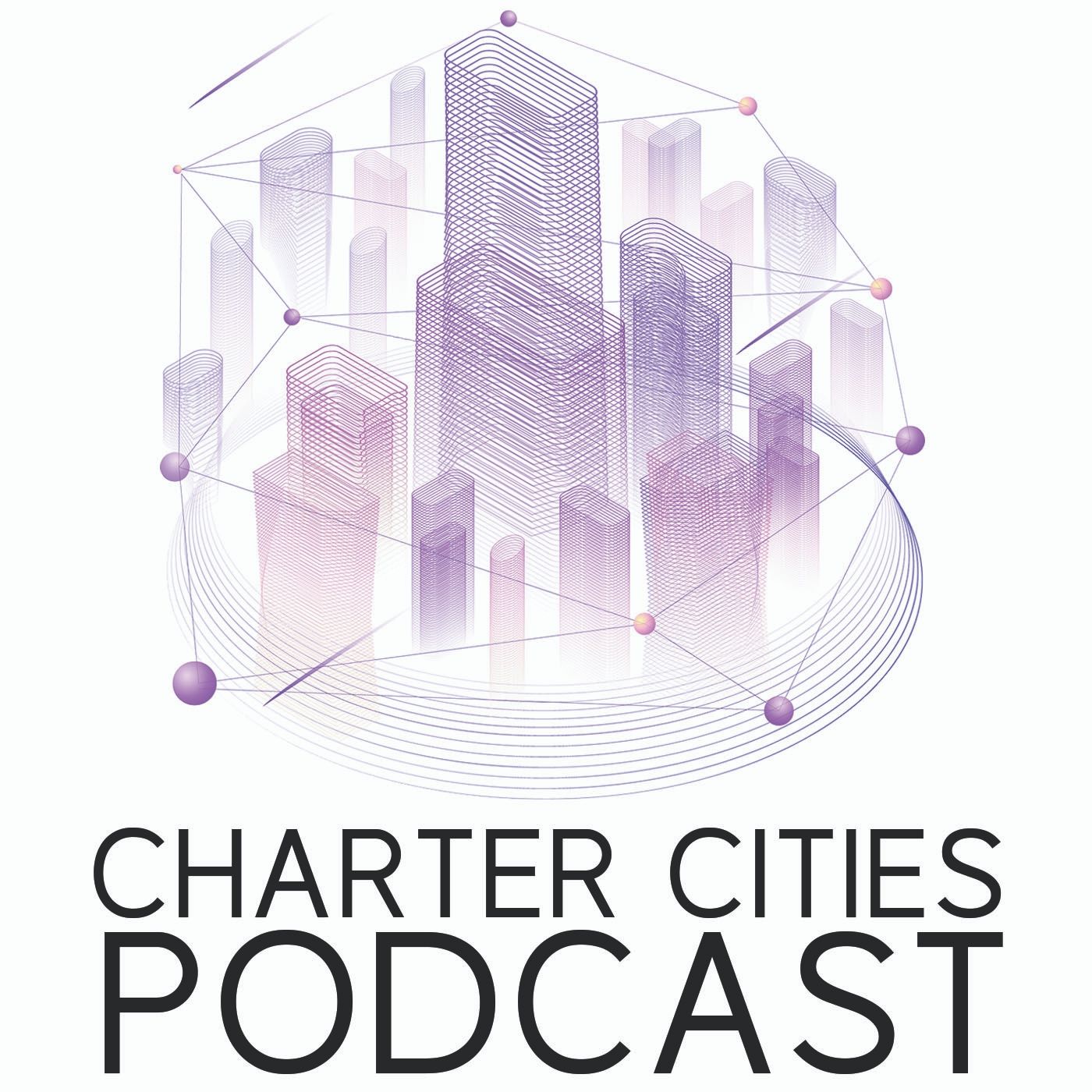How Displaced People Can Build Economies with Alexander Betts
Description
Refugees bring skills, talents, and aspirations and can be a benefit rather than a burden to receiving societies. Realizing this potential relies on moving beyond a purely humanitarian focus to fully include refugees in host-country economies, build economic opportunities in refugee-hosting regions, and navigate the ambiguous politics of refugee protection. In today’s episode of the Charter Cities Podcast, Kurtis Lockhart speaks with Alexander Betts, a Professor of Forced Migration and International Affairs at the University of Oxford, about refugee economics and the role that the private sector, technology, and innovation have to play in the global refugee crisis. Alex currently leads the Refugee Economies program at Oxford, where his research focuses on the political economy of refugee assistance with a focus on African countries. His book, Refuge, co-written with economist Paul Collier, was named one of the best books of the year by the Economist in 2017, and he has written several other books on migration and refugee issues, most recently The Wealth of Refugees, which came out earlier this year. Alex is uniquely qualified to share his insights into the Jordan Compact, as he does in this episode, and he reflects on how displaced people can build economies, the value of providing refugees with basic socio-economic rights and entitlements, and what constitutes meaningful, dignified work for refugee communities. To learn more, make sure to tune in today!
Key Points From This Episode:
• An introduction to Alexander Betts and his passion for running and debating.
• What Alex learned about UN High Commission for Refugees (UNHCR) while working there and how it has informed his work.
• How his time in Silicon Valley influenced his thinking and led to Refugee Economics.
• Learn about the Jordan Compact and the opportunities it creates for Syrian refugees.
• The value of giving refugees basic socio-economic rights and entitlements.
• Replicating this special economic zone strategy for refugees in a context-specific manner.
• The main impacts of the Jordan Compact, its political successes and economic weaknesses.
• Why one of the main challenges has been the gender dimensions of the Compact.
• The critiques of the Compact that Alex takes most seriously, including what constitutes meaningful, dignified work for refugees.
• Why Alex believes a history of refugee self-reliance has been forgotten.
• Hear more about Alex’s research in Africa and the ethical scope for randomized control trials.
• The challenge of doing harm to vulnerable populations through random experimentation.
• How Alex explored a natural experiment model in Kenya’s Kalobeyei and Kakuma camps.
• Why the disconnect between the success of refugee self-reliance and economic inclusion and the lack of adoption more broadly.
• Comparing refugees’ economic lives in rural versus urban areas; the pros and cons of each.
• What interaction or contact does for social cohesion between host communities and refugees.
• How the costliness and fragmentation of African cities can lead to the exclusion of refugees.
• The role of cash transfers from organizations in urban assistance models for refugees.
• The key support, training, and access to opportunity that refugee-led organizations provide.
• Alex reflects on how to get big bureaucracy like UNHCR to embrace change and be more proactive rather than reactive.
• Combining status quo options to the benefit of refugees, host communities, and countries.
• Hear what Alex is working on now and the inherent value of participatory research methods.
Links Mentioned in Today’s Episode:
http://www.alexanderbetts.co.uk/ (Alexander Betts)
https://twitter.com/alexander_betts (Alexander Betts on Twitter)
https://www.amazon.com/Refuge-Alexander-Betts/dp/0141984708/ (Refuge)...
More Episodes
How do you take the positive aspects of Silicon Valley, and apply it to a radically different context like developing charter cities? Today, Jeffrey Mason, Head of Research at the Charter Cities Institute (CCI), is joined by Mark Lutter, Founder and Executive Director of CCI, and CEO of Braavos...
Published 04/10/24
Published 04/10/24
Can a city hold the key to unlocking economic prosperity on a grand scale? In this episode, we sit down with Brooke Bowman and Mark Lutter to discuss charter cities and their role in addressing economic development challenges. Mark is a visionary thinker invested in progress, governance, social...
Published 03/27/24


